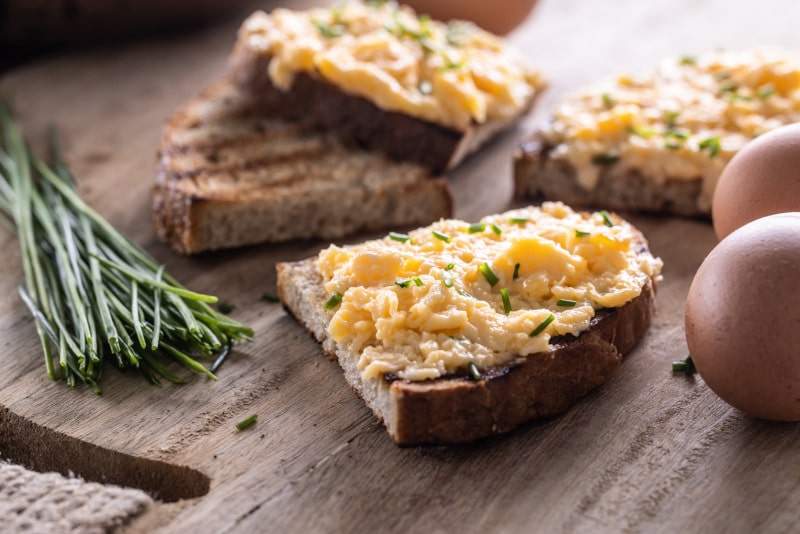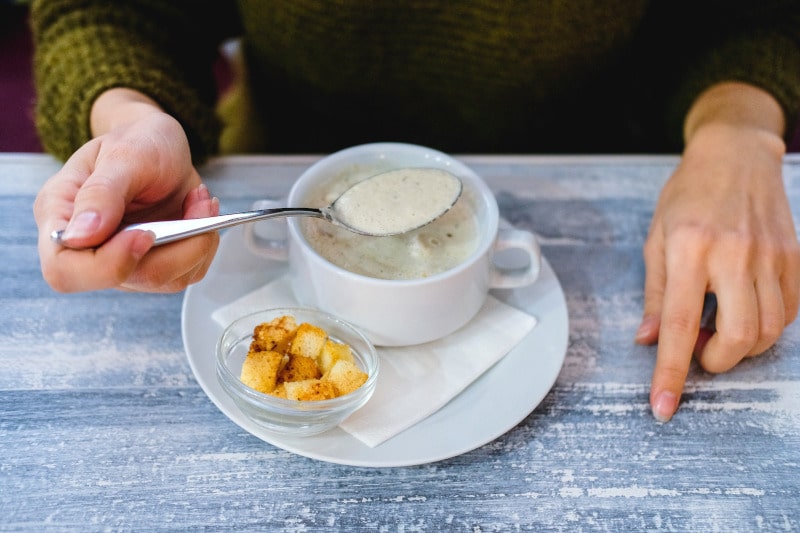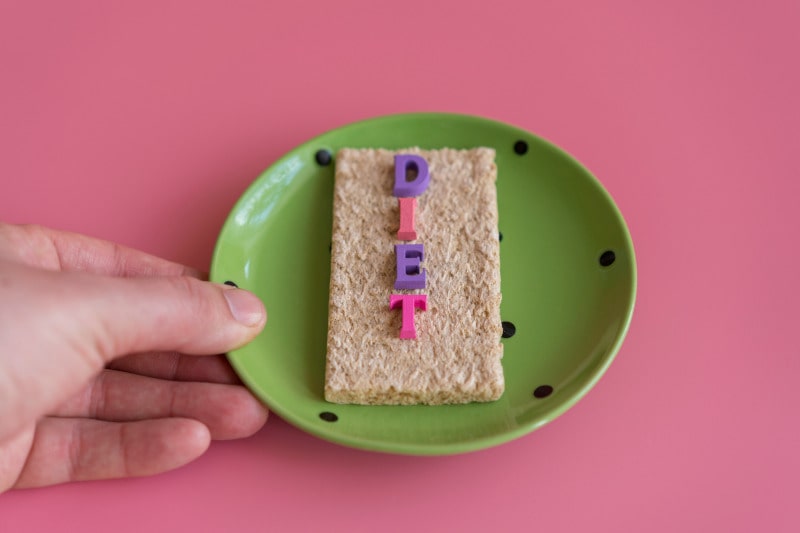The bland diet focuses on eating foods that are gentle on the digestive system, i.e. those that are easily digested and do not stimulate the production of hydrochloric acid.
This type of diet is recommended after digestive problems such as gastritis, colic, ulcers, episodes of diarrhoea, vomiting or intestinal viruses. It should be followed on the recommendation of the health services.
To follow a bland diet properly, it must be recommended by a health professional. For detailed and personalised guidance, you can use tools such as PlanEAT, the Nutrition App, which will provide you with the necessary guidance to follow this diet correctly.
Contenido
What is the Bland Diet for?
In the past, it was recommended to leave the stomach at rest for 24 hours, but nowadays it is suggested to start eating as soon as the stomach tolerates food, introducing it gradually.
It is essential to choose the right foods to introduce, many of which coincide with those recommended in personalised diets. Even if the main objective is not weight loss, it is crucial to continue to take care of our health.
It is important not to confuse a bland diet with a diet that is easy to chew. The bland, or gastric-protective, diet refers to foods that are easy to digest, not necessarily soft. For example, a grilled chicken breast is easy to digest, but it is not soft or easy to chew.

In hospitals, the term gastric protection diet is used, and for those who need bland and tender textured foods, it refers to a diet that is easy to chew, including creams, boiled foods, soups, fruit compotes, yoghurts, fresh cheese, and boiled meats and fish.
Foods included in the bland diet
The bland, or gastric-protective, diet focuses on eating foods that minimise the strain on the digestive system to facilitate a speedy recovery.
When following a bland diet, it is essential to choose foods that are soft and easy to digest.
Foods suitable for a bland diet include:
- Refined cereals such as pasta, white rice, white bread, cous-cous and tapioca.
- Potatoes, as they are easy to digest and versatile in their preparation.
- Ripe fruits such as ripe bananas, baked or ripe apples, and fruit compotes with no added sugar. Boiled, grated or baked fruit can also be consumed, depending on individual tolerance.
- White meats, such as chicken and turkey, which are easier to digest than red meat.
- White fish, such as hake, sole and whiting, because of their low fat content and easy digestibility.
- Vegetable proteins such as unsmoked tofu, seitan and soy protein isolate.
- Soft dairy products such as natural yoghurt, fresh cheeses, cottage cheese, semi or skimmed milk, vegetable drinks without added sugars and kefir.
- Well-cooked eggs, according to each person’s tolerance.
- Cooked vegetables, which are easier to digest than raw vegetables.
- Fat-free broths without excess salt, non-exciting herbal teas such as lemon verbena, chamomile and star anise, and mild aromatic herbs such as oregano, bay leaves, thyme, rosemary, fennel and dill.
Following a bland diet is crucial to ensure that the digestive system gets the rest it needs and facilitates recovery.
Foods not included in the bland diet
In a bland diet, it is essential to avoid certain foods until better digestive tolerance is regained.
Foods that should be excluded from the bland diet are:
- Whole grains, due to their high fibre content which can be difficult to digest.
- Raw, syrupy or candied fruits, as they can irritate the digestive system.
- Raw or very fibrous vegetables, which can be difficult to process and cause discomfort.
- Red meat and sausages, due to their high fat content and difficulty to digest.
- Oily fish, shellfish and molluscs, which are fattier and more difficult to digest.
- Whole pulses, which can cause gas and digestive discomfort.
- Fats such as cream, butter, margarine, lard, cured and semi-cured cheeses, as they are heavy and can irritate the stomach.
- Spices, sauces, strong condiments, coffee, chocolate and vinegar, because they can stimulate gastric acid secretion and cause irritation.
- Pickles such as gherkins, olives and onions, which can be irritating to the stomach.
- Sugary foods, industrial or homemade pastries, convenience foods and spicy foods, as they can be difficult to digest and cause discomfort.
Recommendations
In a bland diet, it is crucial to avoid certain foods until better digestive tolerance is achieved. Foods that should be excluded from the bland diet include:
- Whole grains, as their high fibre content can be difficult to digest.
- Raw, syrupy or candied fruits, as they can irritate the digestive system.
- Raw or very fibrous vegetables, which can be difficult to process and cause discomfort.
- Red meat and sausages, because of their high fat content and the difficulty in digesting them.
- Oily fish, shellfish and molluscs, which are fattier and more difficult to digest.
- Whole pulses, which can cause gas and digestive discomfort.
- Fats such as cream, butter, margarine, lard, cured and semi-cured cheeses, as they are heavy and can irritate the stomach.
- Spices, sauces, strong condiments, coffee, chocolate and vinegar, because they can stimulate gastric acid secretion and cause irritation.
- Pickles such as gherkins, olives and onions, which can be irritating to the stomach.
- Highly sugary foods, industrial or homemade pastries, convenience foods and highly spiced foods, as these can be difficult to digest and cause discomfort.
Following a bland diet involves choosing foods carefully so as not to overload the digestive system and to allow for a quicker and more effective recovery.

The bland diet focuses on foods that are easy to digest and gentle on the digestive system, ideal for those recovering from gastric conditions. It is crucial to avoid whole foods, raw fruits and vegetables, red meat, fatty fish and whole pulses, which can irritate the stomach.
Instead, refined cereals, ripe or cooked fruits, white meat and white fish are recommended. It is essential to avoid heavy fats, strong seasonings and sugary foods to facilitate a quick and effective recovery.
With PlanEAT, the free Nutrition APP, you can easily plan and follow a personalised bland diet, making sure you eat the right foods and avoid foods that may cause digestive discomfort.

